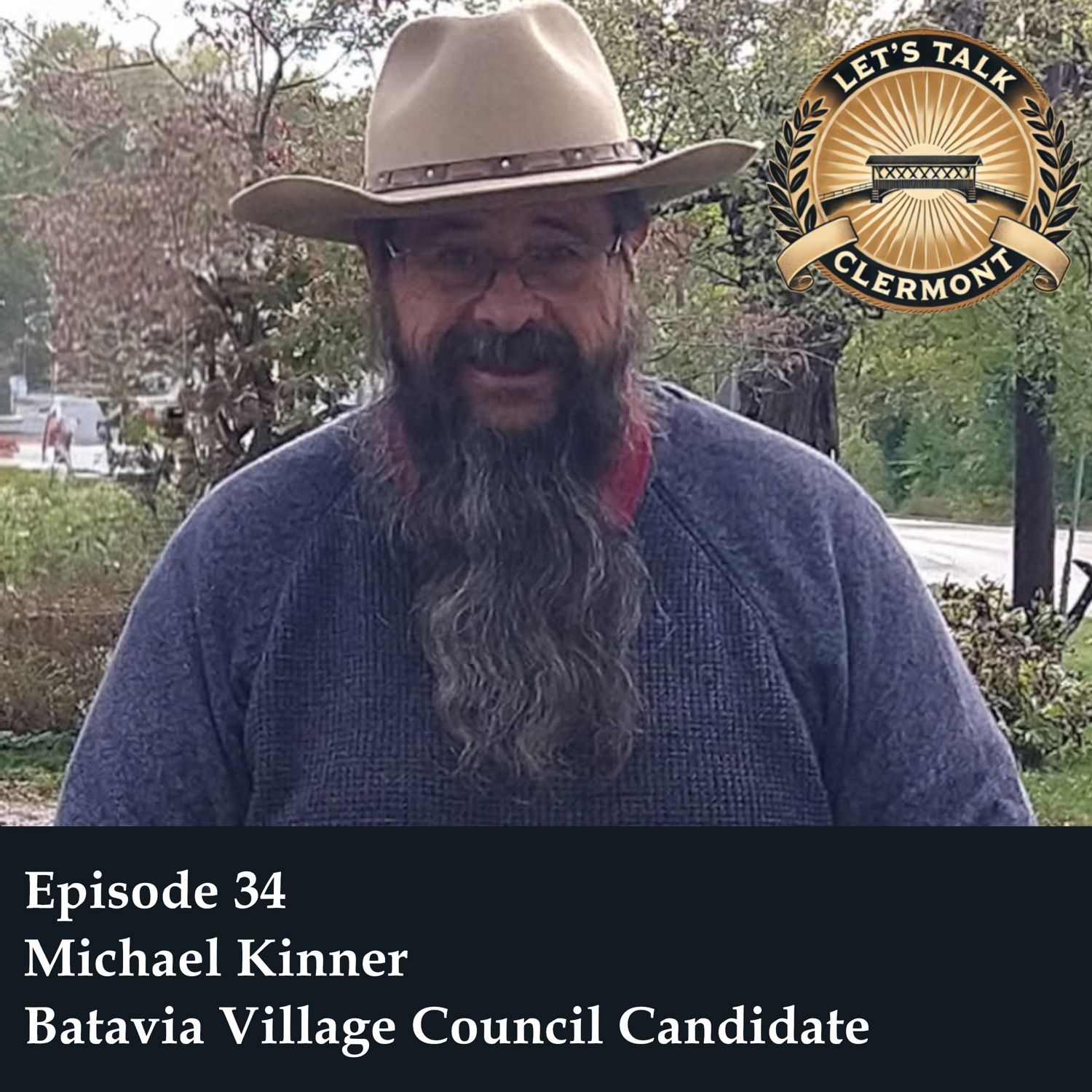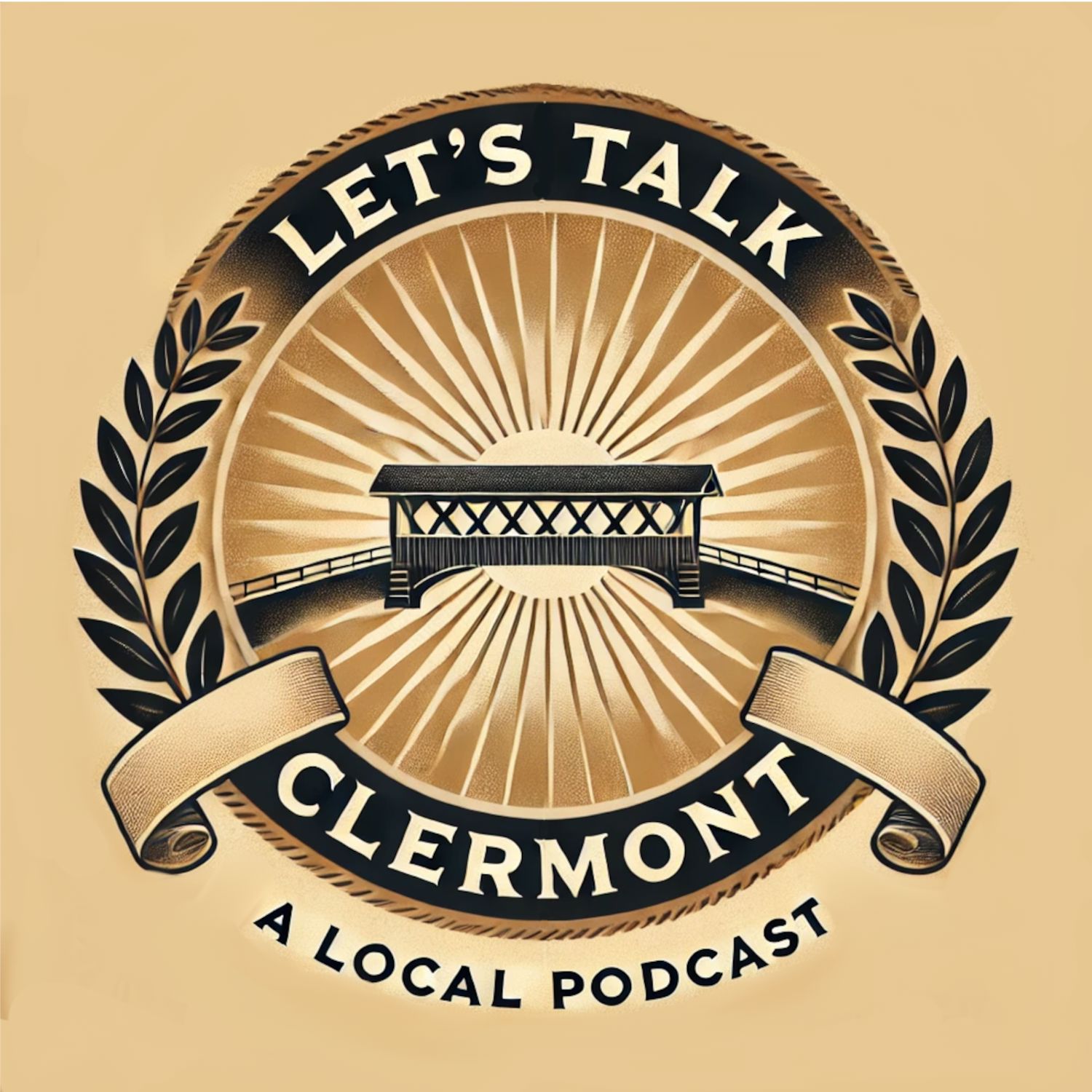23 October 2025
Episode 34 - Michael Kinner- Candidate for Batavia Village Council - E34

Episode 34 — Batavia’s Growth & CRAs, and a Village Council Candidate
We open with a quick local news rundown:
Follow on Facebook & Instagram, and signup for the Thursday newsletter.
Facebook
Instagram
Newsletter
If the show brings you value, consider supporting us!
Donate
We open with a quick local news rundown:
- Loveland’s new Otto Huber Fire Station: ~$5.4M via USDA Community Facility Loan, 10k+ sq ft with pull-through bays and full living/training space.
- Eastgate’s big health update: Cincinnati Children’s opens Nov 3 at 4315 Ivy Pointe—111k sq ft, ~600 patients/day, 250 staff, and expanded specialty/urgent care close to home.
- New Richmond: Oct 28 village-council candidate meet-and-greet, plus a brief update on the mystery odor (crews say an issue was found; fix in progress).
- His background: five generations in Batavia, former village zoning administrator, civil-engineering/development work, and a career in insurance
- Growth, density, annexation, and where to put the rooftops are supposed to attract
- CRAs/abatements: why he opposes using them for residential builds, when he’d support incentives (job-creating reuse), and who pays for services under abatements
- “Blight” designations, PILOTs, Streamside, and what transparency around village finances should look like
- Main Street revival: incubators, cottage industries, and reusing existing buildings instead of chasing big-box dreams
- Property rights, rural character, and practical ways to engage residents beyond a packed hearing night
- Batavia’s “closed for business” reputation—and how to flip the script
Follow on Facebook & Instagram, and signup for the Thursday newsletter.
Newsletter
If the show brings you value, consider supporting us!
Donate
